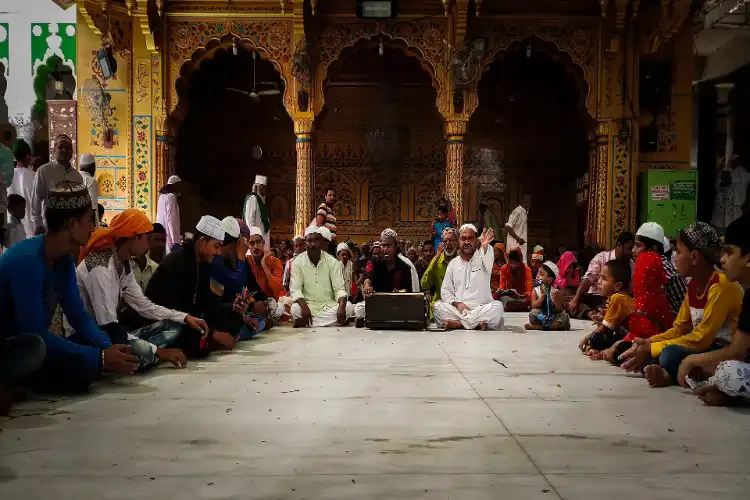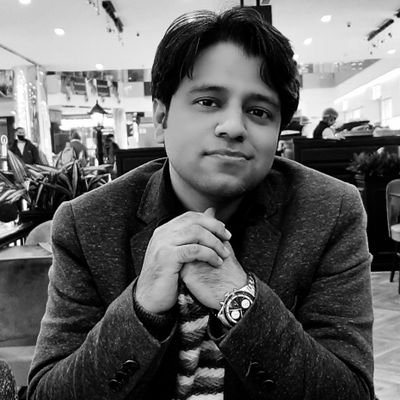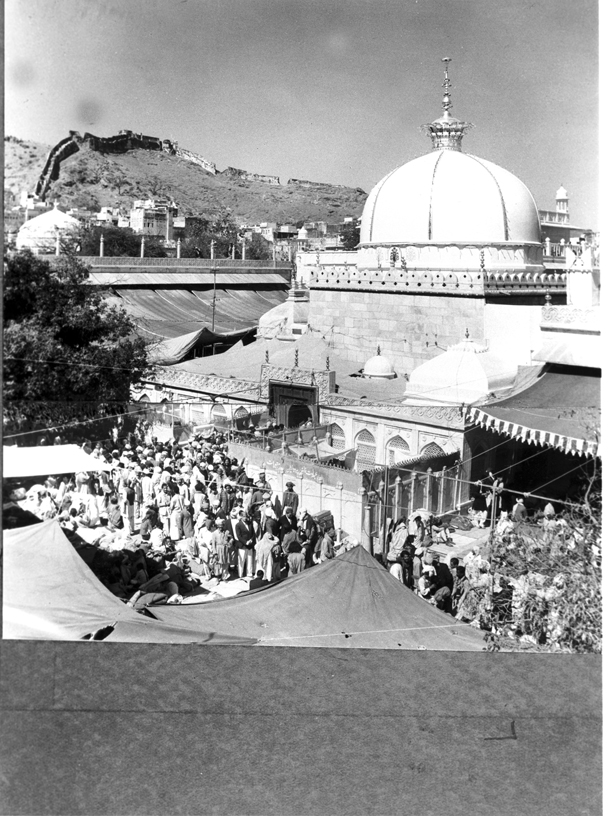
 Saquib Salim
Saquib Salim
Kadka, a less explored musical form sung by Qawwals at Dargah of Khwaja Moinuddin Chishti in Ajmer, is one of the most suitable examples of the syncretic culture of India which emerged through the interaction between Sufi Muslims and Hindus during the medieval times.
Kadka, or Karka, sung in Raag Kedar at the time of the daily ceremony of the door closing at the Dargah is a traditional war song that musicians of ancient India, especially of Rajput Kingdoms, used to sing in praise of warriors and kings to boost the morale of armies. The present form of Kadka sung at the Dargah celebrates the internal battle of good against evil.
The songs portray the triumph of the virtuous forces within the self over the evil inside one’s soul. Only the hereditary traditional singers of the Dargah are entitled to sing Kadka at the closing of the doors. It is believed that two famous Kadka singers of Rajputana, Mithu and Roda, became devotees of the Dargah during the later years of Akbar.
They were the first to compose Kadka songs in a Sufi tradition and instead of depicting battles between armies, referred to the battle inside one’s soul and in praise of Khwaja Moinuddin Chishti.

An old picture of Ajmer Sharif dargah
Mithu and Roda sang Kadka at the time of the ceremonial closing of the door at the Ajmer dargah. Both lived under the patronage of Maharana of Udaipur, something that alludes to the innate syncretism of India.
Khalid Sultan in his documentary ‘Kadka’ tells that the only traditional, non-Sufi, Kadka available was composed by Mohammad Khan Jamil in praise of Raja Bhagwant Singh in 1735. The Kadka that describes the valour of Bhagwant was composed after he lost the battle to Nawab Sadat Khan of Awadh. Jamil, a courtier of the Nawab, was so moved by the bravery of Raja Bhagwant that he composed a Kadak in his praise.
Kadka is also sung at Bilagaram, in Hardoi, by Chishti Sufis during Muharram. The Kadka sung here is in Raag Banjara.
The present traditional singers of the Dargah at Ajmer, or Shahi Qawwal, trace their lineage to the musician appointed by Mughal Emperor Shah Jahan.
ALSO READ: Does ‘Tears of the Begums’ put Rana Safvi on elite list?
The Kadka sung at the Dargah mentions the names of Mithu and Roda, the earliest exponents of this genre of music in praise of Khwaja Moinuddin Chishti. One of the songs has this (Translated from Urdu):
Oh! Khwaja the pillar of din, Moinuddin Khwaja;
The Great Emperor (Sultan) Oh! Hazrat-i Chishti.
A throne and dominion befit only you;
Mercy on Roda Mithu. Relieve them of all pain of life and heart!
Oh Moinuddin Khwaja, the pillar of diin
